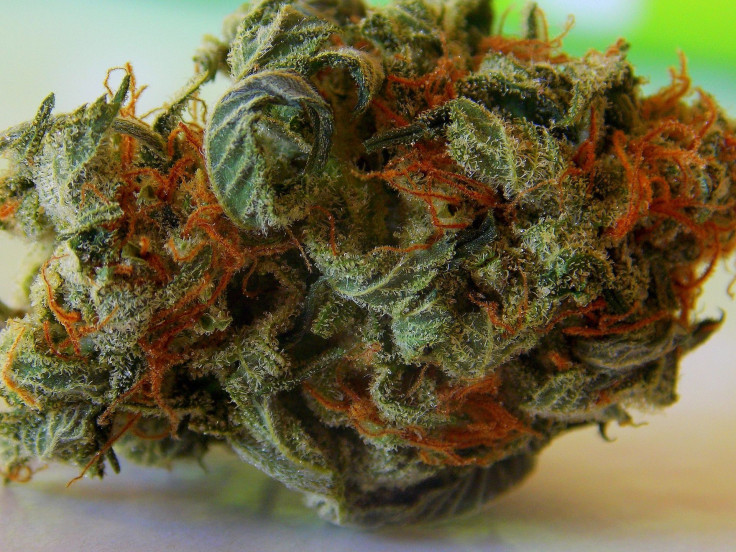Side Effects Of Weed: Marijuana Could Cause Mental Illness, Fatal Car Crashes

As marijuana becomes increasingly legal for medicinal or recreational purposes, scientists are taking a harder look at its possible harmful effects, including its role in fatal car crashes — the April 20 marijuana holiday, otherwise referred to "4/20," is one time and day of note — as well as whether it is linked to a possible spike in mental health issues.
While marijuana can offer relief for those suffering from a decreased appetite, anxiety, seizures and other ailments, expanded marijuana legalization can present some negative consequences.
A letter in the Journal of the American Medical Association examined a trend of fatal roadway crashes on April 20 because of the risk that comes with driving while impaired. The authors found in their analysis that “the risk of a fatal crash was significantly higher on April 20,” especially for the younger set of drivers.
After 4:20 p.m. on April 20, there was a 12 percent increase in the risk of fatal vehicle crashes as compared with the evenings of other days in the year.
“Although the vast majority of Americans do not celebrate 4/20, the observed association was comparable in magnitude to the increase in traffic risks observed on Super Bowl Sunday,” according to the letter. “Policymakers may wish to consider these risks when liberalizing marijuana laws, paying particular attention to regulatory and enforcement strategies to curtail drugged driving.”
Smoking weed could slow a driver’s reaction time, cause them to weave between lanes and affect their ability to maintain their attention on the road, according to the U.S. National Institute on Drug Abuse. Still, millions of people drive under the influence every year.
A separate analysis in the Journal of the American Osteopathic Association reviewed the different forms of the drug and advises physicians on how to counsel their patients about marijuana use. One point it focuses on is the connection between marijuana use and mental illness.
“From a psychiatric perspective, we strongly discourage cannabis use in patients who have bipolar disorder, are at risk of developing psychosis, or have social anxiety disorder,” according to the paper.
As more states legalize marijuana, it could become more difficult for doctors to navigate the subject.
“It is important that physicians and other health care providers understand the most common types of cannabis products, how they compare to each other, and how to estimate cannabis use from information provided by patients,” the paper said.
“As attitudes shift toward increased acceptance of medical and recreational cannabis use, we expect that the cannabis industry will continue to grow and produce an even wider range of cannabis products for consumption. Clinicians therefore face the challenge of keeping up with the evolving use of cannabis to better assess and treat use disorders and counsel patients who choose to use cannabis for medical or recreational purposes.”
© Copyright IBTimes 2024. All rights reserved.











